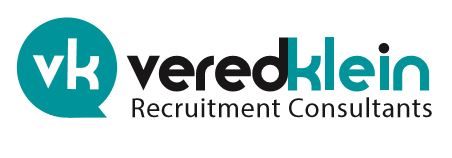I was checking a candidate’s references the other day and had the most difficult time getting through. I found myself “chasing down” one of the references who hadn’t heard from the candidate in 5 years. The result? Well, not the best reference. He had nothing bad to say about the candidate but because it’s been a while he had a hard time remembering details or having any understanding of what this candidate is up to these days.
This got me thinking about how to help professionals in the Architecture & Interior Design Industry be well-prepared for the reference portion of your job searches. I know you invest quite a bit of time and effort preparing your portfolio and resume, researching potential employers and preparing for interviews. Your references are an essential part of this process so making sure they reflect your professionalism is just as important.
1. Choose your references wisely
Choosing who you want to give you a glowing reference requires some thought. It’s sometimes easier to ask a friend from your previous employment, someone who knows you well and might speak highly of you. At the same time, it’s sometimes tempting to ask one of the principals at the firm. However – it may not be the smartest move – if they weren’t your manager or supervisor, chances are they will have difficulty answering some specific reference questions. While the firm principal is impressive on your list, can they truly testify for your day to day work? Are they aware of your achievements and special contributions?
2. Give your reference a heads up
By now, everyone knows you should ask someone’s permission to use them as a reference. Is it enough to let them know at the beginning of your job search and leave it at that? I would suggest to send them a quick email when you know they are about to get a call just to make sure they know to expect one so they are not caught off-guard. When your reference is well prepared they will most likely provide a more informative reference. If the reference is required urgently, it’s important to let them know this is a time-sensitive matter especially if an offer is pending.
3. Ensure your references are relevant and timely
There is no point using a reference that you worked with so many years ago that won’t clearly remember the details of your performance, or can’t speak about your more recent, relevant skills. This could be setting you up for failure.
Make sure your references are from within the past few years and that they have relevant context with which to draw on.
4. Give your references as much information as possible
Try make the process as seamless as possible for your reference – include as much information as you can about the type of job you are applying for, who they should expect a call from etc. It is also a good idea to catch your reference up with what you have been doing since you left them, if you have been at interim jobs.
5. Find out when/what best suits both parties
Ask your potential employer what form of reference they require – telephonic or written, and then you can ask your reference what form of contact they prefer, for example, if it will be a telephonic reference, they might prefer an email first to schedule a time for the call, rather than receiving a call out of the blue.
6. Don’t overuse a reference
Try not take advantage of the same reference more than three times. Since it is a commitment of time and energy on their behalf, you don’t want to disrespect them with more than they are willing to do.
7. Follow up with thank-you
Be sure to acknowledge and thank your references for taking the time to recommend you. Maintaining a good professional relationship with people from your past should not be underestimated – you never know what part that person may play in your future.
If you have any questions about references or how to spice up your candidate profile, email myself (vered@sleepy-swanson.67-217-245-217.plesk.page) or one of my staff (greatjobs@sleepy-swanson.67-217-245-217.plesk.page).
